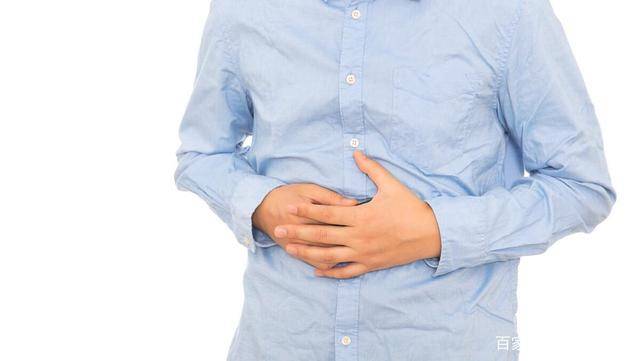As people age, the peristaltic function of the gastrointestinal tract decreases, leading to insufficient gastric juice secretion and a decline in digestive absorption function. The intestines also accumulate toxins, including cholesterol, excess fats, and metabolic waste from the gut flora. Therefore, as people age, digestive issues such as indigestion and malnutrition are more likely to occur.
Elderly individuals also tend to have poor oral health, with reduced saliva secretion, which can also increase the metabolic burden on the gastrointestinal tract. After reaching old age, one cannot eat as freely as young people do.
It is common to observe that some elderly people eat less but are prone to gaining weight, especially in the abdominal area. While certain foods are suitable for young individuals, one must consume them in moderation as they age for better health.
Avoiding these 4 types of meals lightens the body’s burden:
1. Limit consumption of fast food:
Young individuals, especially working professionals, often face time constraints during lunch breaks, resulting in ordering fast food or consuming packed meals.
However, fast food typically contains high levels of oil and salt, making it heavy on the palate.
To reduce costs, some establishments might use low-quality cooking oil, making it difficult for the body to metabolize and easier to store as fat. Therefore, it’s best for the elderly to avoid fast food. Opting for plain rice with fresh vegetables is a healthier choice.
2. Avoid buffets or large portions:
Buffet meals have two main characteristics:
Firstly, the more expensive dishes are often less tasty, while cheaper options like pickled vegetables or spicy dishes are more appealing.
Secondly, the psychological aspect plays a role as many people feel obliged to eat a lot at buffets to get their money’s worth. Overeating not only burdens the digestive system but also leads to weight gain, necessitating subsequent efforts to lose weight, resulting in waste.
Elderly individuals should eat until they are 7-8 parts full to prevent digestive issues, therefore it’s advisable to avoid buffets.
3. Consume fewer Western fast food options:
Common options include McDonald’s, KFC, offering items like burgers, fries, fried chicken, pies, and hamburgers.
Most of these items are fried, high in fat, which can contribute to weight gain. They also contain trans fats, cholesterol, burdening the metabolism.
While occasional consumption might be suitable for those with robust metabolism, individuals with weaker cardiovascular and liver-kidney functions should limit intake to prevent burdening their metabolism.
4. Late-night snacks:
Consuming late-night snacks can lead to excessive calorie intake, causing weight gain.
Additionally, late-night snacks increase the burden on the digestive system, stimulate gastric juice secretion, disrupt normal regulatory functions, and can lead to or worsen insomnia.
It’s advisable for the elderly not to indulge in late-night snacking, avoid heavy dinners, and refrain from eating too close to bedtime (at least a 2-hour gap). Moreover, they should limit consumption of hard-to-digest foods for better health.


